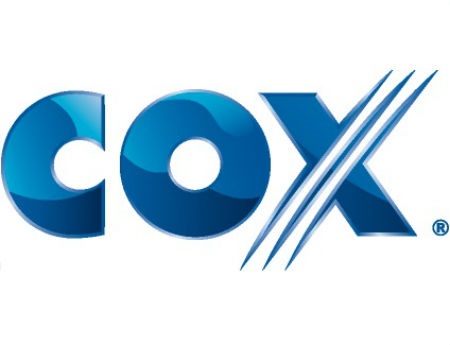Cox Testing Usage-Based Pricing in Cleveland
The smarter way to stay on top of the multichannel video marketplace. Sign up below.
You are now subscribed
Your newsletter sign-up was successful

Cox Communications is the latest cable operator to test the usage-based pricing waters, with plans to test a service that would add about $10 to customer bills for every 50 gigabytes over their usage cap they exceed.
The service will be tested in Cleveland beginning on May 19 and if things go as planned will be expanded throughout the footprint beginning in 2016. News of the usage-based pricing effort was first reported by DSL Reports.
Cox joins other operators like Mediacom Communications, Suddenlink Communications, Cable One and Comcast that have introduced $10 fees for extra buckets of gigabytes.
Cox recently increased the usage limits for its high-speed data tiers dramatically, possibly in anticipation for the new usage-based charges.The company’s usage limits are as follows:
Starter package: 150 GB per month
Essential: 250 GB per month
Premier: 700 GB per month
The smarter way to stay on top of the multichannel video marketplace. Sign up below.
Ultimate: 2 terrabytes per month
Cox said that the usage fees will affect less than 5% of its customer base and will offer users an alternative to stepping up to a higher-priced level of service. In addition, customers will see any additional usage fees on their bills beginning in June, but won’t actually be charged for them until the October billing cycle. Cox officials said that would give customers a chance to better analyze their usage patterns and plan accordingly.
Customers in Cleveland will receive an e-mail notification when they reach their data limit.
Cable analysts have predicted that usage-based pricing would come to the industry as increased video streaming has spiked bandwidth needs. At INTX: The Internet & Television Expo earlier this month in Chicago, analysts said that usage-based pricing was “inevitable,” adding they expected smaller operators to test the waters first.
While usage-based pricing has been around since the days of dial-up, it has virtually disappeared in the broadband age as consumers have been highly sensitive to anything that hints of caps or limitations on the Internet.
Time Warner Cable learned the hard way in 2009, when it caused an uproarafter introducing usage caps in some of its markets. That resulting furor led the cable giant to rethink its pricing strategy, keeping pricing the same for heavy users of bandwidth but offering discounts to customers whose usage was lighter.
Even with the caps, Cox said that most customers won’t come close to exceeding the new limits. According to the company, customers of its most popular data plan can do all of the following each month without pressing against the limits:
- watch 50 two-hour HD movies online
- watch 120 half-hour standard def TV shows
- watch 500 three-minute videos
- surf the web for 1,000 hours
- listen to 10,000 songs that are each 4-minutes long
